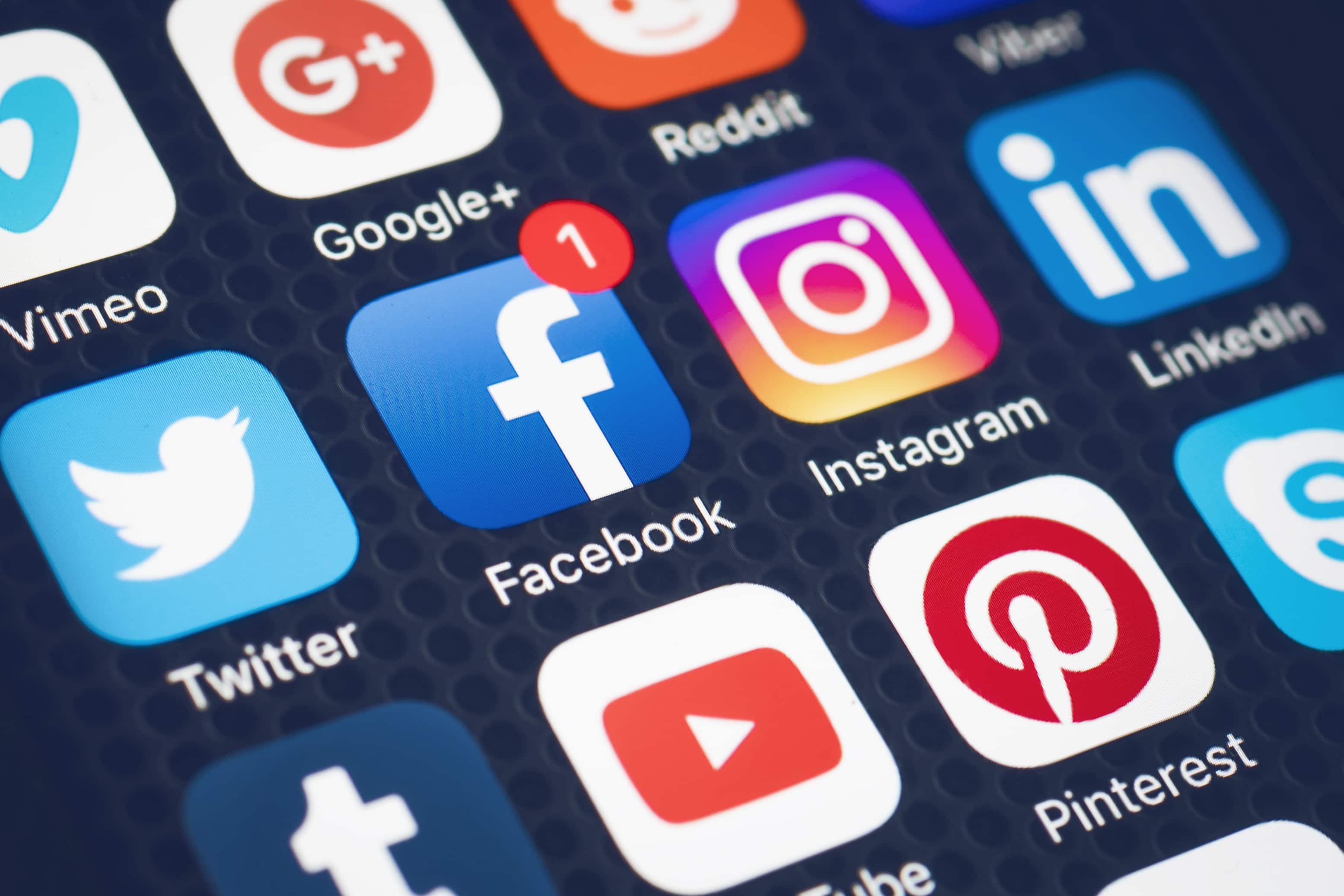Some questions that come to mind:
- What factors might influence whether Facebook has negative influences, such as links with depression, versus positive results, such as boosts in self-esteem?
- Do social networking sites have any responsibility in promoting mental health in their users? If so, how might they go about doing so?
 Facebook, and all other social media platforms for that matter, has both negative influences and positive influences on users. Some factors that may be linked with negative results could be lack of followers, lack of likes, mean comments or posts made and anything else of the sort. Some factors that may be linked with positive results could be a higher number of likes, a higher number of followers, nice comments or posts or anything of that sort, essentially the opposite of what there could be causing negative results. These numbers and comments associated with social media in comparison to that of others or that of what you normally get on posts can impact your mood and thoughts about it all in different ways. In other words, it all depends on perspective and the person running the account. Some people may find it overwhelming to have that many people keeping tabs on them whereas others may find it flattering and enjoy the attention and some people could care less about any of it. Links with depression can occur when people who appreciate the attention are not seeing the numbers and comments they want to see. This lack of attention can cause poor self-esteem, poot feelings of self-worth and they may wind up feeling as though they can't be good enough. These thoughts over a prolonged period of time could lead towards that feeling of depression. On the other side, boosts of self-esteem can also result from social media. Seeing the numbers, comments and support you want to see over social media and seeing your platform grow for example, can boost your self-esteem like no other. Knowing that there are people out there who want to follow your journey, find you entertaining, or even just like the content you are putting out can make you feel so supported. This can make you feel like you are good enough because people like what you have to offer, which boosts your overall self-esteem and confidence levels.
Facebook, and all other social media platforms for that matter, has both negative influences and positive influences on users. Some factors that may be linked with negative results could be lack of followers, lack of likes, mean comments or posts made and anything else of the sort. Some factors that may be linked with positive results could be a higher number of likes, a higher number of followers, nice comments or posts or anything of that sort, essentially the opposite of what there could be causing negative results. These numbers and comments associated with social media in comparison to that of others or that of what you normally get on posts can impact your mood and thoughts about it all in different ways. In other words, it all depends on perspective and the person running the account. Some people may find it overwhelming to have that many people keeping tabs on them whereas others may find it flattering and enjoy the attention and some people could care less about any of it. Links with depression can occur when people who appreciate the attention are not seeing the numbers and comments they want to see. This lack of attention can cause poor self-esteem, poot feelings of self-worth and they may wind up feeling as though they can't be good enough. These thoughts over a prolonged period of time could lead towards that feeling of depression. On the other side, boosts of self-esteem can also result from social media. Seeing the numbers, comments and support you want to see over social media and seeing your platform grow for example, can boost your self-esteem like no other. Knowing that there are people out there who want to follow your journey, find you entertaining, or even just like the content you are putting out can make you feel so supported. This can make you feel like you are good enough because people like what you have to offer, which boosts your overall self-esteem and confidence levels.
I feel like social networking platforms do have some responsibility in promoting mental health for its users but not completely. To certain extent, these platforms do have a responsibility in my opinion, but a lot of it depends on the perception and mindset of the user. Just because a platform promotes mental health does not mean that it is going to work by itself, it's the user's job to perceive it in a way that is beneficial. Promoting mental health doesn't stop a user from comparing themselves to others or taking something the wrong way. The user is responsible for that part. I do believe though that it is the platforms' responsibility to give the user some of the tools to do this. One way that platforms could do this could be promoting body positivity, for example. Another way may be normalizing seeking help and it being okay. This could be done by refining the advertisements shown to viewers. Simply just switching out a few models here and there or having advertisements geared toward actually helping people could do the trick. There are so many more way that platforms could promote mental health, but these are just a couple examples.




No comments:
Post a Comment